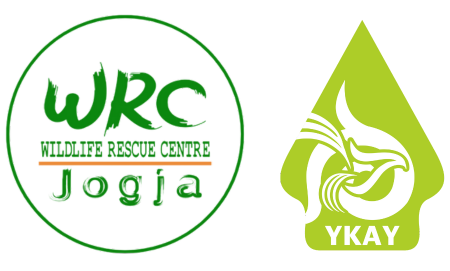July was a month of growth and connection for WRC Jogja, marked by meaningful activities that combined conservation education, community engagement, and capacity building. One of the key highlights was our involvement in a two-day Conservation Education Program carried out in collaboration with BRIN Indonesia, Nusantara Wilderness, and the Angkringan Konservasi – Faculty of Veterinary Medicine at Universitas Brawijaya. The first day focused on classroom sessions held at SMK 1 Nanggulan, Kulon Progo, where students were introduced to zoonotic disease transmission, local biodiversity, and how to observe wildlife behavior in their surroundings. The second day took participants outdoors to Banjaroya, Kalibawang, Kulon Progo, for hands-on biodiversity surveys. Guided by facilitators and field experts, students learned how to identify local plants and animals, fostering a deeper connection to the environment they live in.

Continuing our outreach efforts, we also conducted a community socialization and biodiversity survey in Desa Lintang, targeting fishing communities around Sungai Lenggang, Simpang Renggiang, East Belitung. This activity aimed to raise awareness about Orlitia borneensis—the critically endangered Malayan Giant Turtle. Fishermen were provided with practical guidance on recognizing the species and responding appropriately if they encountered it in the wild. Before the session, our team conducted habitat assessments to identify potential areas where the species might live or migrate. Following the awareness session, we carried out additional habitat surveys in selected river sections, contributing vital data to inform future conservation strategies.

Alongside our field programs, we also strengthened our internal operations through a financial management mentoring session led by the treasurer of the Foundation. The session equipped our team with valuable insights and tools to improve project-level financial planning and accountability, ensuring that our work remains not only impactful but also sustainable in the long term.
Together, these July initiatives reaffirmed our commitment to holistic conservation—where knowledge, community collaboration, and strong internal systems come together to protect biodiversity and empower the people who live alongside it.


